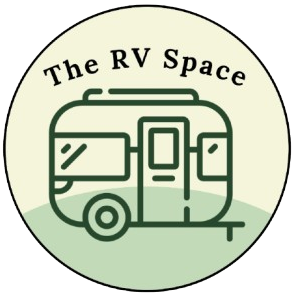Selling your RV campground is a major decision, and preparing properly can help you maximize its value and ensure a smooth transaction. Whether you’re ready to retire, move on to a new investment, or simply cash out, here are five essential steps to take before listing your campground for sale.
- Get Your Financials in Order
Prospective buyers will want to see clear and organized financial records. Ensure you have:
- Profit and loss statements for at least the last two-three years
- A record of all income sources (site rentals, storage, amenities, etc.)
- An updated list of operating expenses, including utilities, payroll, and maintenance
- Tax returns from the last two-three years
- List of any outstanding debts or liabilities associated with the property
Buyers are more likely to offer top dollar when they can clearly see the park’s profitability. You can also generate additional value in a sale by showing potential buyers how they could change or optimize the business to make more money.
- Assess Your Property’s Condition
First impressions matter. Walk your campground as if you were a buyer and take note of:
- Utility hookups, dump stations, and restrooms
- The condition of any buildings, offices, or rental units
- Potential repairs or upgrades that could increase value
- Roads, landscaping, and common areas
Even small improvements, like fresh signage or upgraded lighting, can make a difference in buyer perception. A coat of paint goes a long way.
- Review and Organize Legal Documents
Having all legal paperwork in order will streamline the sales process. Make sure you have:
- The campground’s title and deed
- Your campground or RV Park license
- Copies of leases or agreements with long-term tenants
- Any zoning and environmental compliance documents
- Property boundary survey if available
This documentation helps build buyer confidence and reduces potential delays in closing.
- Understand Your Campground’s Market Value
Setting the right price is crucial. You can determine market value by:
- Reviewing recent sales of similar RV parks in your area
- Evaluating cap rates and net operating income (NOI)
- High level guidance for pricing based on park performance and location:
- High-Demand Areas & Well-Run Parks: 10x–12x NOI
- Average Parks in Stable Markets: 8x–10x NOI
- Rural or Underperforming Parks: 6x–8x NOI
- High level guidance for pricing based on park performance and location:
Pricing too high can scare off buyers, while pricing too low means leaving money on the table. A well-researched asking price will attract serious buyers.
- Plan for a Smooth Transition
Many sellers overlook transition planning, but it can impact your final deal. Consider:
- Whether you’re open to seller financing or flexible payment terms
- How you will handle staff or management handover
- If you currently reside at the property, how do you plan to transition out
Ensuring continuity for the next owner makes your park more attractive and can even justify a higher sale price.
Final Thoughts
Selling your RV campground doesn’t have to be overwhelming. By taking these five steps, you’ll be better prepared to attract serious buyers and negotiate the best possible deal. If you’re thinking about selling your RV Park and would like to receive a no obligations offer, feel free to reach out (Links to contact form)—we’d love to help!

